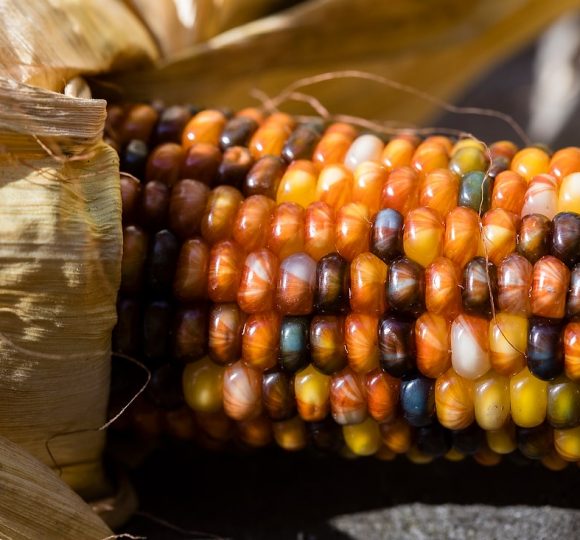Vermont, a rural state, has tried to slow the loss and fragmentation of farmland. Agricultural census and land parcel data are analyzed to identify what are the supply and demand factors of fragmentation, what are the pros and cons of fragmentation, and have Vermont’s efforts to regulate development and sustain farming slowed the conversion and fragmentation of farmland? The amount of Vermont farmland has declined sharply since 1959 and a considerable amount of rural land has been fragmented into lots that have limited value for dairy production, the state’s primary agricultural industry. Vermont’s farmland preservation programs appear to have had some success in slowing farmland loss after 2002. However, the economics of farming will continue to challenge the viability of agricultural operations.
Publications
The Fragmenting Countryside and the Challenge of Retaining Agricultural Land: The Vermont Case
Downloadable Documents
Author
Daniels et al.
Publisher
Philadelphia, Pennsylvania: Society and Natural Resources
Page Numbers
19
Publication Date
September 18, 2022
Publication Type
Articles
State
Pennsylvania
Keywords
Agricultural Districts, Agricultural Economic Trends, Cost of Sprawl





